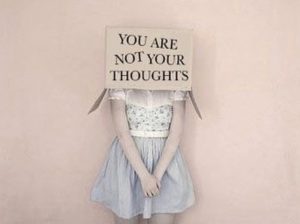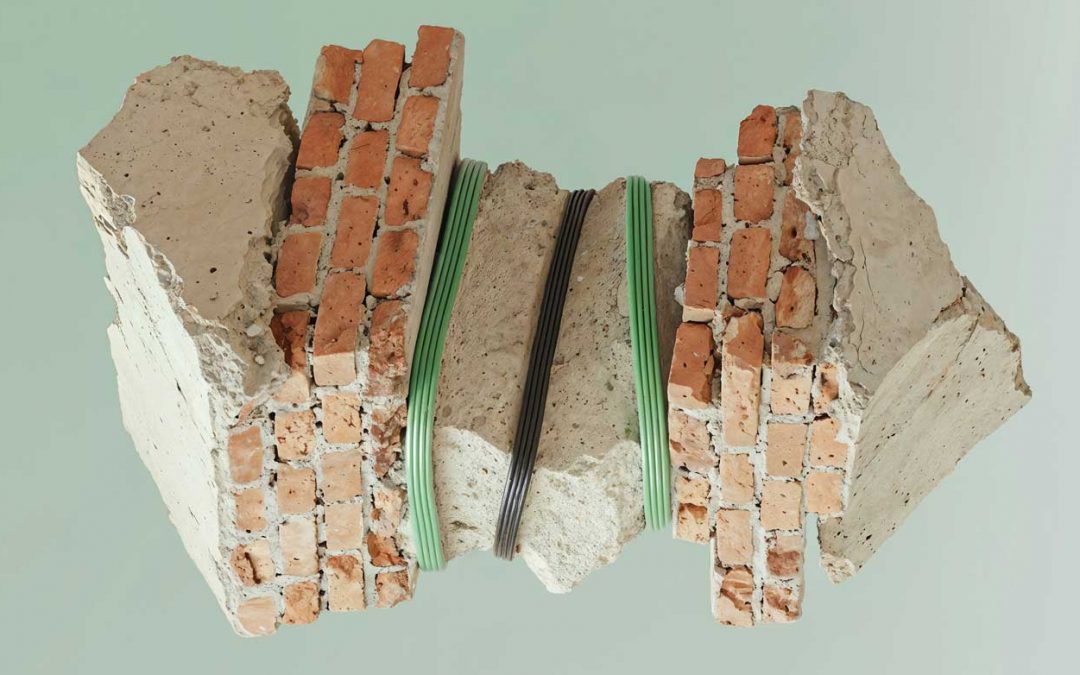If someone told you that you could change the actual structure of your brain by Microdosing Well-Being? And all in less time than it takes to binge-watch White Lotus, would you believe them?
No, me neither. Until I read the work of neuroscientist Richard Davidson.
Davidson has spent over five decades studying what helps humans thrive. And he’s not talking about “manifest your dreams” bs. He’s talking real, measurable changes in your brain’s structure that come from doing very small, intentional things. Things like gratitude, compassion, and mindful reflection. Which, side note, doesn’t cost anything. Plus it won’t ruin your nervous system like doomscrolling TikTok for three hours.
How Microdosing Well-Being Can Literally Rewire Your Brain
According to Davidson, you can rewire your brain in as little as 20 hours of practice. Not 20 hours in a row. Not on a silent retreat with no phone. Just twenty-ish hours total, spread out however you fits best for you.
Honestly, that’s less than the time I spent putting together the new RE:MIND office.
Let’s break down the science without making it boring:
Davidson says your brain is always being shaped, either by what you choose or by the chaos happening around you. Most people go through life on autopilot, reacting to whatever shows up. But the magic (actully it’s science) happens when you decide to take the wheel.
There are two kinds of changes that happen in the brain when you train it:
- Functional: You change how different areas of your brain light up or quiet down.
- Structural: You actually reshape the wiring – like rewiring a house but with thoughts instead of lumex.
Even short, consistent practices like meditation, gratitude, or being a little more intentional about how you treat people? That’s enough to get both types of changes going.
This isn’t a lecture on “being more positive.”
This is about microdosing well-being.
Yup, you heard that right. You can microdose well-being.
Davidson’s version looks like this: Every morning, after he meditates, he opens his calendar and thinks about the people he’s going to interact with that day. He brings them into his heart, thanks them mentally for something they do in the world, and asks how he can support them.
It sounds simple. It is simple. So I tried it. I picked one person I was going to see that day and thought of one specific thing I appreciated about them. And when I thanked them for it? They lit up.
The conversation shifted. So did the energy. So did I.
This is exactly what Davidson means when he says well-being is a skill. Not a mood, nott a personality trait. Not something reserved for people who drink celery juice and own seven matching yoga sets. It’s something you can train. Something you can get better at. Like brushing your teeth… except for your mind.
So what does this have to do with RE:MIND?
 Everything. When I opened my new studio space in Vancouver, it wasn’t because I wanted to crank up the business machine. It was because I believe this work, whether it’s sitting under the Lucia Light, breathing more deeply (while doing pilates), or shifting how you see yourself – matters.
Everything. When I opened my new studio space in Vancouver, it wasn’t because I wanted to crank up the business machine. It was because I believe this work, whether it’s sitting under the Lucia Light, breathing more deeply (while doing pilates), or shifting how you see yourself – matters.
We’re living in a world that’s f**king wild right now. Everyone’s stressed, disconnected, and stuck in their heads. Davidson’s research makes it clear: most of that comes from a collective lack of mental hygiene.
We brush our teeth every day. But do we pause to check in with our thoughts? Our nervous systems? Our wildly high expectations?
Nope. Not really. We just muscle through. But what if you didn’t have to?
What Microdosing Well-Being Looks Like IRL
- Before a meal: Pause. Think about all the people who played a role in bringing that food to your plate. Feel the gratitude. Then eat. That’s a micro-practice.
- Walking anywhere: Look at someone and silently think, May you be happy. Do it a few times. Weirdly effective.
- Before a meeting or convo: Take a breath. Think, “How can I support this person today?” Watch how it changes the tone of everything.
These aren’t big, flashy rituals. But they work. They calm the brain. They soften your nervous system. And over time, they help rewire you to be more resilient, less reactive, and more connected.
Pair these kinds of moments with a Lucia Light session which literally entrains your brain into a deeply relaxed state without needing to clear your mind.
You are not your thoughts.
 Let’s be clear on something: your mind will wander. You’ll still have anxious, weird, annoying thoughts. Davidson actually encourages not fighting those. Think of them like weather patterns passing through. The sky doesn’t judge a thunderstorm. It just is. Same goes for your mind. The next time you have a “bad” meditation or a stressful day, consider that maybe it wasn’t bad. Maybe it was a useful moment in your training. Maybe it was part of the rewiring.
Let’s be clear on something: your mind will wander. You’ll still have anxious, weird, annoying thoughts. Davidson actually encourages not fighting those. Think of them like weather patterns passing through. The sky doesn’t judge a thunderstorm. It just is. Same goes for your mind. The next time you have a “bad” meditation or a stressful day, consider that maybe it wasn’t bad. Maybe it was a useful moment in your training. Maybe it was part of the rewiring.
Final thought:
We all carry stories about ourselves, about others, about the world. Most of the time, we don’t even realize we’re responding to the story, not the actual person or moment in front of us. When we learn to soften that grip… things start to shift.
That’s what I want for you, for my clients, and for this space I’ve created at RE:MIND. It’s not about escaping the world. It’s about building the internal wiring that helps you stay present, calm, centered, and actually okay, even when life is life-ing hard.
So no, you can’t rewire your brain overnight.
But you could start today.


Recent Comments